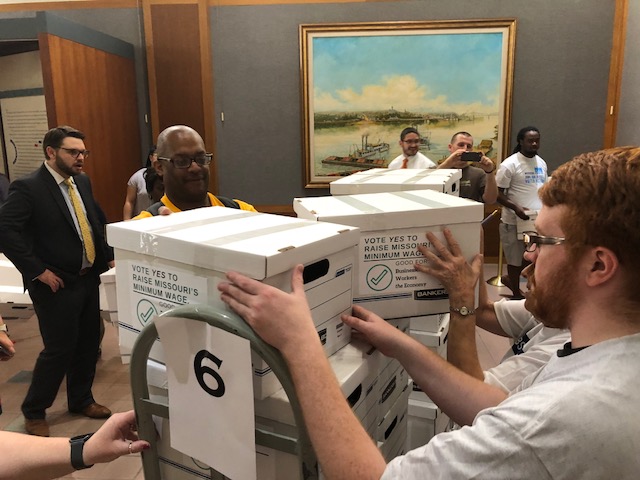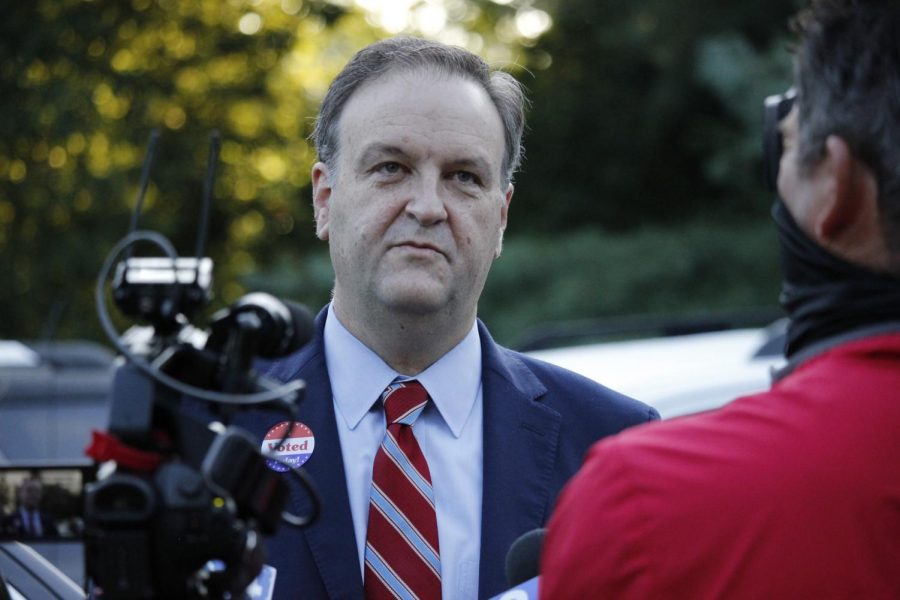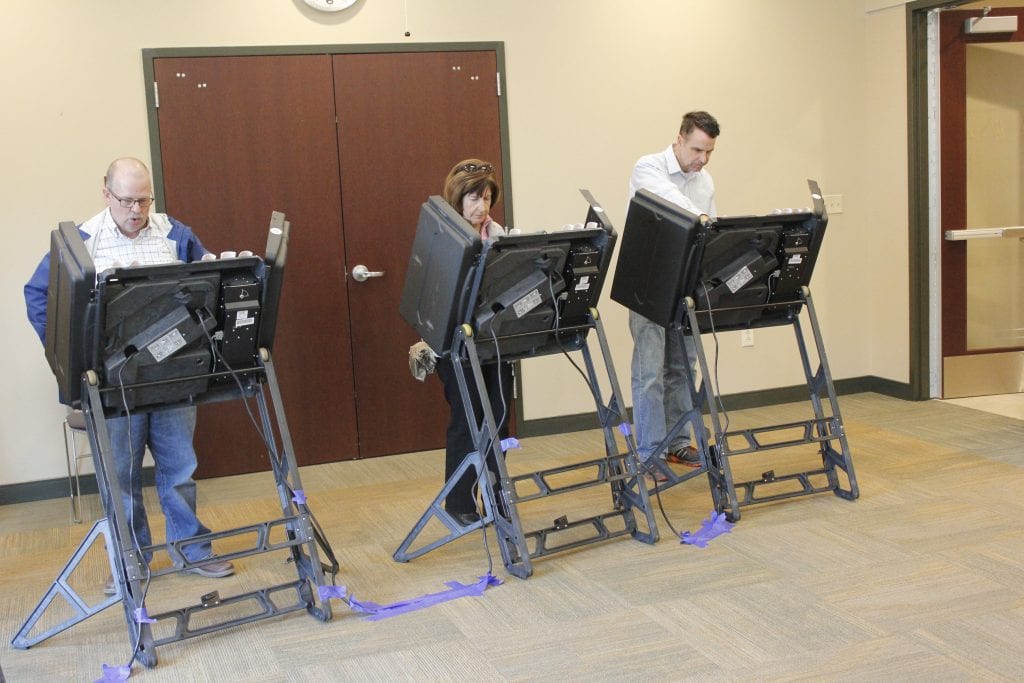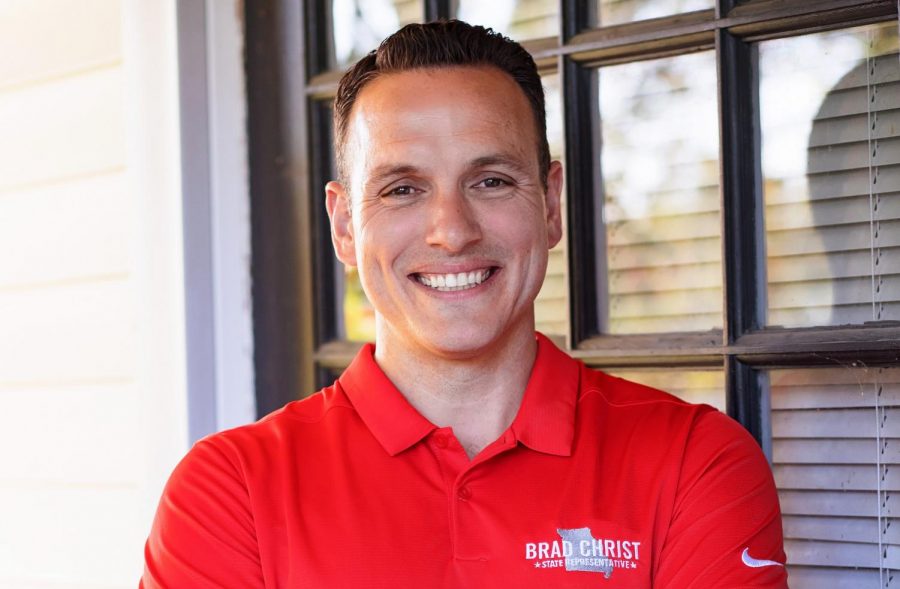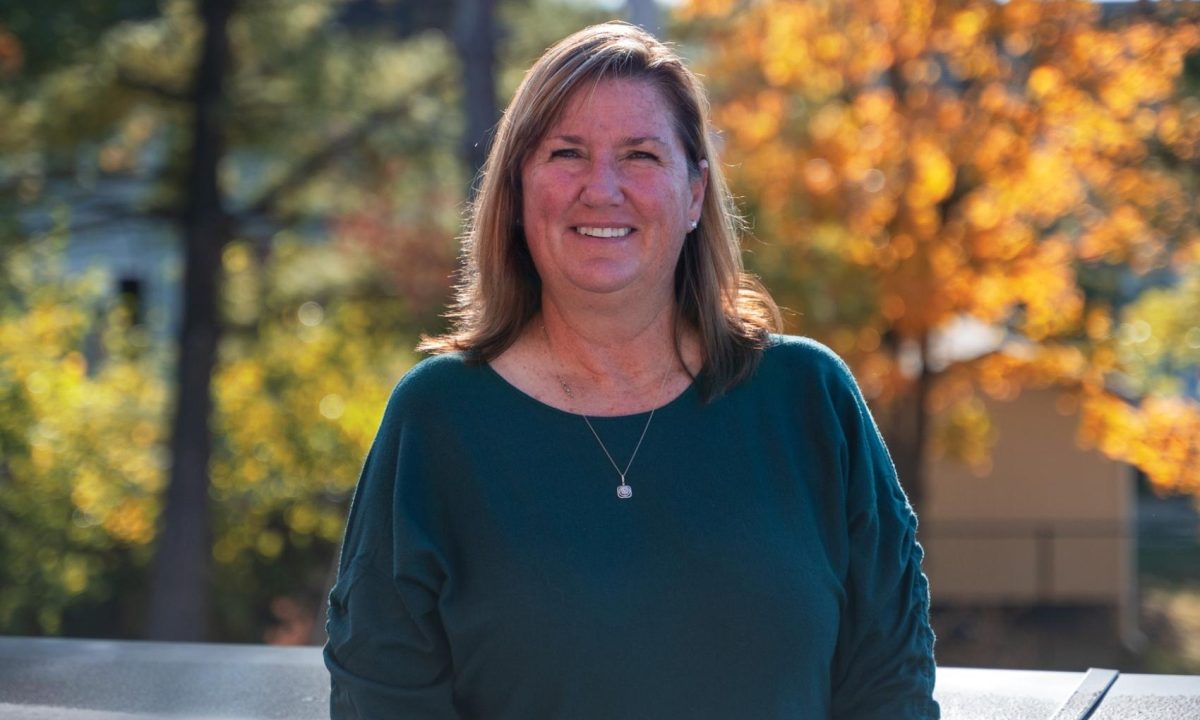By Gloria Lloyd
News Editor
glorialloyd@callnewspapers.com
with Stephanie Sandoval, Columbia Missourian
At the end of an expensive and contentious Democratic primary contest, St. Louis County Executive Steve Stenger said in his Aug. 7 victory speech that with their battles against each other behind them, there were two things Democrats needed to unite to do in November: Re-elect U.S. Sen. Claire McCaskill and raise Missouri’s minimum wage.
Voters will weigh both options on the statewide ballot Nov. 6.
The minimum-wage measure, called Proposition B on the ballot, would gradually increase the lowest hourly pay in the state to $12 an hour in five years.
“Working families deserve it,” Stenger said of the pay hike.
But business interests say that ramping up the minimum wage will hurt their bottom line in a time when they’re just recovering from the Great Recession.
In the arguments about whether raising the minimum wage will benefit or harm workers and businesses, critics say raising the minimum wage will cause layoffs, price increases and fewer hirings.
Missouri Republican Party Executive Director Ray Bozarth told the Concord- Lemay-Gravois Republican Club Sept. 20, “It’s probably going to pass, but it’s bad for business. You’ll probably see automation coming to the fast-food industry, everybody knows that.”
The organization behind the initiative, Raise Up Missouri, gathered more than 120,000 signatures from residents in every county in Missouri to place the petition on the ballot to change state law.
The organization is an outgrowth of the national movement that has pushed for a nationwide $15 minimum wage.
But the Missouri measure is more gradual. It would raise the current $7.85 minimum wage to $8.60 next year and then increase it by 85 cents a year until it reaches $12 an hour in 2023.
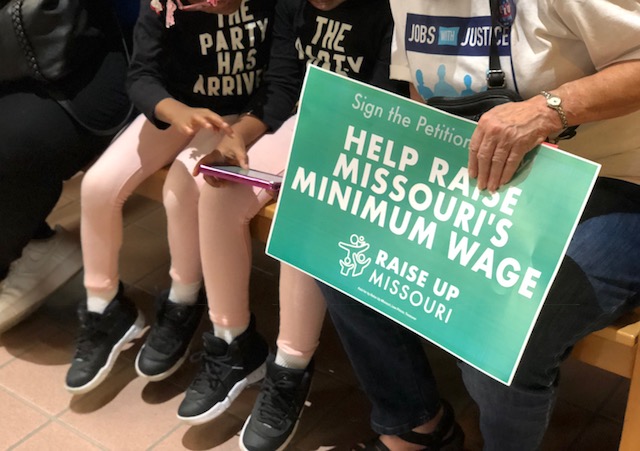
When Raise Up submitted its signatures last spring, it showcased stories of struggling low-income workers trying to raise families to emphasize the need for a higher living wage.
Alexis Straughter is a single mother of two young girls who works at Royal Oak Nursing and Rehab in St. Louis. She makes $10.45 an hour, and she said it’s still not enough.
“I’ve been trying to make ends meet,” she said. “It just doesn’t work.”
Straughter shared her story at an event at the Missouri secretary of state’s office organized by Missouri business leaders and workers who support the higher wage.
“Right now people across the state are working full-time and are struggling to provide for their families, and they’re living in poverty,” said Carl Walz, campaign manager for Raise Up Missouri. “For years, the cost of basic necessities have continued to go up. The wages have not kept up.”
An initiative that would change state law must garner at least 100,000 signatures from registered voters in six of Missouri’s congressional districts, according to a guide to the petition process from the secretary of state’s office.
Missouri Business for a Fair Minimum Wage also publicly announced its support for the initiative when the signatures were submitted.
Over 200 business owners and executives have signed Missouri Business for a Fair Minimum Wage’s online statement in support of gradually increasing Missouri’s minimum wage. Some of the signees included Pizza Head, Main Squeeze, Salon Nefisa and Yellow Dog Bookstore.
Lew Prince, treasurer of Raise Up Missouri and a manager for Missouri Business for Fair Minimum Wage, said the current minimum is too low.
“We believe no one that works full-time should have to live in poverty or have to struggle to take care of a family,” Prince said. “No one who works full-time should have to choose between food and medicine.”
Prince is the co-founder and former CEO of Vintage Vinyl in University City. He said that the plan is “simple, gradual and budget-able” and that increasing the wage will help people become more self-reliant.
He also said raising the minimum wage would affect over 670,000 workers in Missouri, dramatically increase consumer buying power, and ultimately create economic growth and jobs. He said it would also cut government spending and save taxpayers money.

A packet provided by Raise Up Missouri cited a recent study from the Labor Center at the University of California Berkeley, saying that it “showed poverty wages for working families in Missouri alone are costing federal taxpayers more than $2.4 billion annually and taxpayers more than $335 million each year.”
Scott Sandler, owner of Pizza Head, said the idea that a higher minimum wage hurts business growth is based on the false assumption that productivity remains the same and that businesses simply incur higher payrolls: “In actuality, with higher wages comes higher productivity, lower turnover, better morale — and that reduces your labor cost per unit in the long run.”



